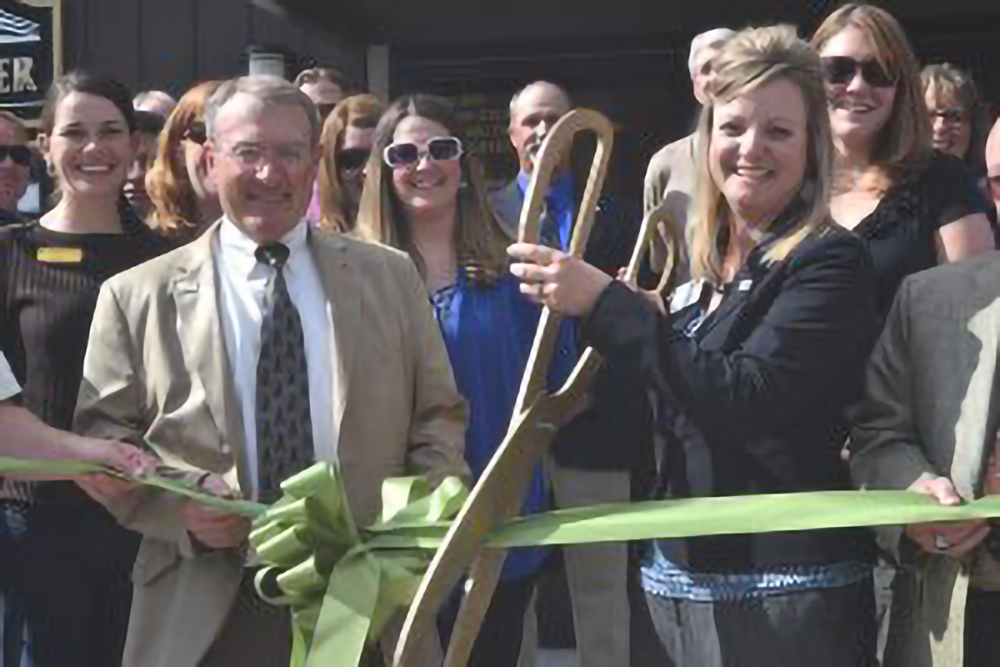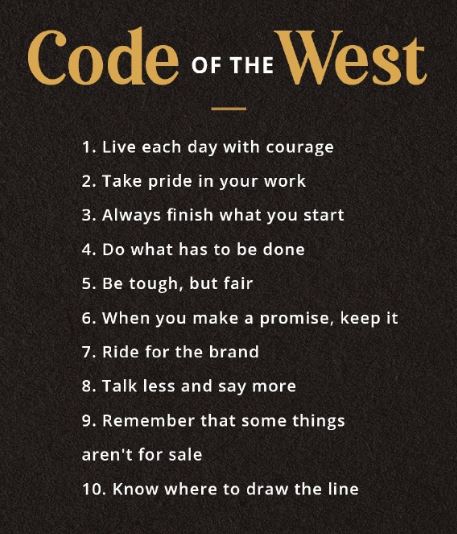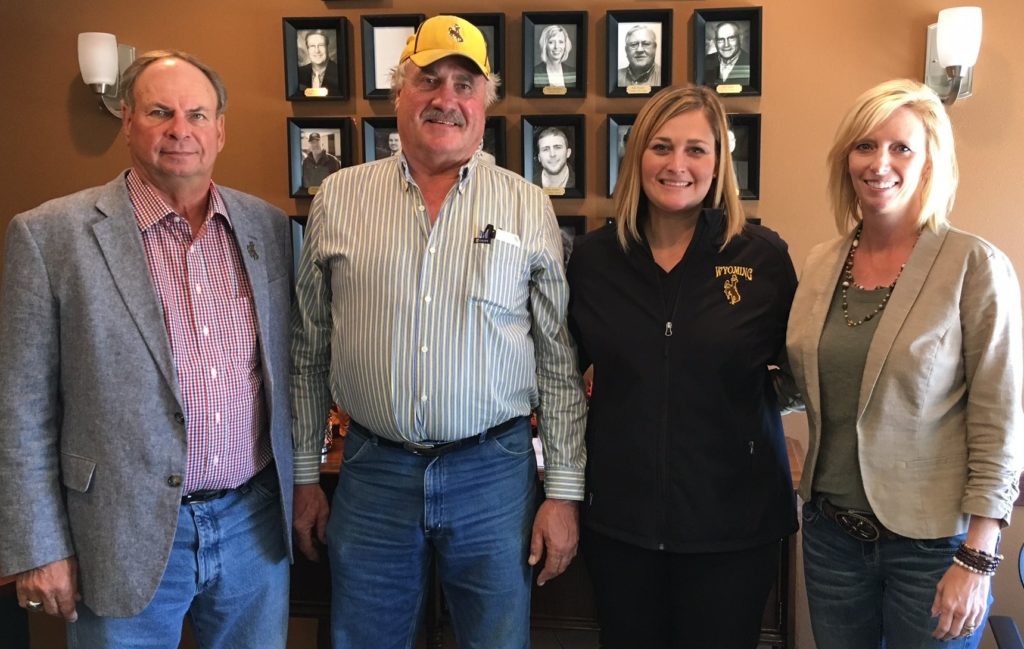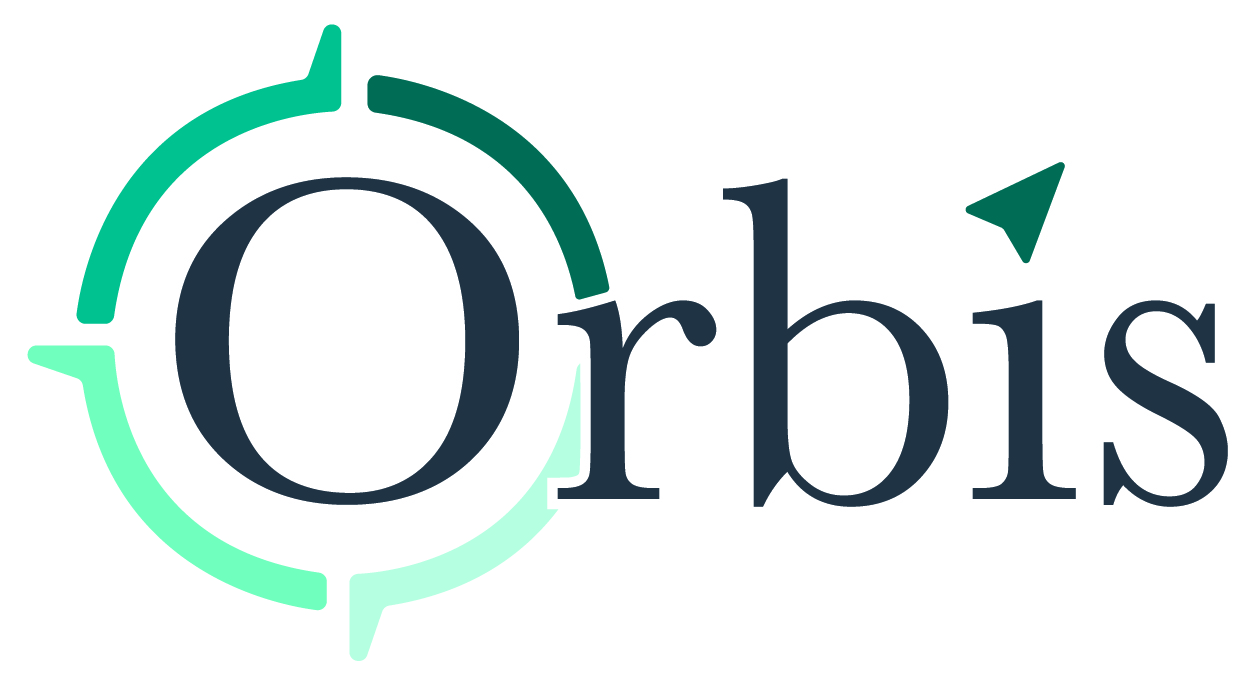I’ve had many mentors over the years.
One who stands out in particular as a solid citizen and true entrepreneur was Neil Newman. He was an officer and board member of the Goshen County Economic Development Corporation in Torrington, Wyoming. While I was the Executive Director, we took on several development projects.

I learned a lot about business from Neil. Some of the best advice he gave me was simply, “Get it in writing.”
That was probably a practice he learned as a general contractor on several large commercial and government construction projects in Southeast Wyoming.
Neil was not afraid of taking risks. As a board member, he asked a lot of questions. This helped us vet the many angles of a deal.
When I would excitedly relate a conversation with a prospective business owner, Neil was cautiously optimistic until we had a firm commitment…in writing.
On one infrastructure project, we worked with a contractor who had not previously taken on that large of a project. Neil was on the construction oversight committee who met regularly with the contractor. I was impressed with how he gave firm, yet helpful, advice to the business owner to help keep the project on schedule. We made sure the action items from the project meetings were recorded for all parties to reference.
Get it in writing.
While legal contracts are important when dealing with contractors and clients, this advice is also relevant for board members and staff.
Written communication helps people know what is expected of them as an employee or a volunteer. Volunteer board members and staff should be provided with a job description and an evaluation.
Here is an example of a job description for a volunteer board member.
Both the private sector and nonprofit boards should perform a self-evaluation, although according to the Harvard Law School Forum on Corporate Governance, there is little guidance for board evaluations.
“Boards of directors are under pressure to achieve a multitude of goals, among them to foster a company culture that supports long-term value creation, improve the diversity of the board and the management team, focus on sustainability issues affecting the company’s long-term strategy, enhance oversight of risk, and strengthen engagement efforts with stakeholders.” (Golster and Sharma, 2020, Strengthening the Board’s Effectiveness in 2020: A Framework for Board Evaluations).
The best way for a board to measure its effectiveness is a self-evaluation.
When board members reflect on their performance, according to Tropman and Tropman, (1999) in Nonprofit Boards: What to Do and How to Do It, they should consider these issues:
- Regularity of attendance
- Preparation for meetings
- Willingness to take on tasks to achieve goals
- Ability and willingness to support change
- Ability and willingness to support innovation
Getting it in writing is an important aspect of company culture.
Written communication is necessary to document business agreements, helps explain the vision and long-term goals of the business or organization, and builds trust and credibility. When committing to action in writing, it ensures follow-through.
That reminds me of one of the tenets of the Code of the West: When you make a promise, keep it.

And the Code of the West reminds me of the late, great Neil Newman.


